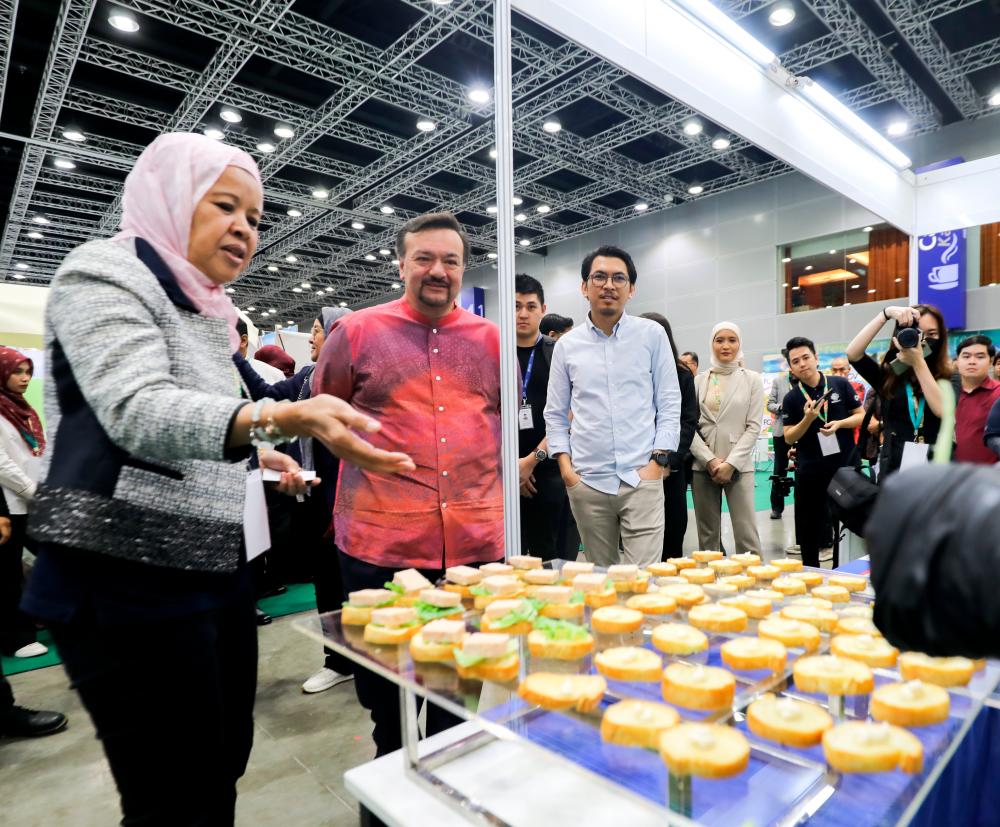KUALA LUMPUR: Malaysia can achieve its goal of becoming a country with net zero carbon emissions by 2050, but only if the government, private sector and the public work together, said Berjaya Corporation executive director Norlela Baharudin.
At a forum titled “Accelerating Malaysia’s Sustainable Future” at the Youth Empowerment Fair 2024 on Saturday, she said there are several key concepts that the government and industries have to address to achieve the target.
“Climate change is a very critical environmental issue that affects everyone. Just a few days ago, the Air Itam dam was running dry at 40% less capacity due to the dry weather, and we had a major flood back in 2021 that cost the country RM6 billion.”
She said these figures would double or triple if the nation does not take the matter seriously while deforestation is another issue that needs to be tackled as it contributes to climate change.
“We are losing a lot of ground cover due to deforestation. About 30% of our forests have been eliminated since 2020 as a result of logging, infrastructure development, or planting of oil palm.
“We are also losing a lot of carbon sinks as a result of deforestation. Carbon sinks are anything that absorbs more carbon from the atmosphere than it releases, for example, plants, the ocean and soil.
“When we clear forests, all that carbon is released into the atmosphere causing irregular weather that produces floods and natural disasters.”
Norlela added that to fight climate change, the country has to speed up transition to renewable energy.
“While doing this is not cheap, we have to change our mindsets and not concentrate just on costs if we wish to take the matter seriously. We are so used to the fuel that we use to run our vehicles that switching to hydrogen or electric vehicles is not going to be easy.
“People’s mindsets need to change, and more so for industry players if the energy transition plan is to work.”
Norlela said Berjaya Corporation is doing its part by undertaking projects to conserve and improve the natural environment.
“We have established the first sanitary landfill power plant in Bukit Tagar. It converts waste into renewable energy and can generate up to 12MW of energy, which is equivalent to powering 4,000 homes.”
Norlela, who is the director of Berjaya University College and Berjaya TVET College, said education is critical in nurturing young people on why sustainability is important for the future of the planet.
“By engaging the academic minds of youths, we turn them into technological, research and development (R&D) experts. Their R&D will then be adopted into new technologies for the future.”
Second Finance Minister Datuk Seri Amir Hamzah Azizan said an administrative approach for a sustainable future is important to ensure that the country has “a sustainable future for youths through sustainable jobs”.
“This goes beyond technological advancements and sustainable education that can withstand the test of time. As we move towards achieving our sustainable development goals, it is very important that the government involves the private sector, stakeholders and medium and small enterprises in this journey.
“We have begun to take steps and put mechanisms in place to ensure that the country moves in the right direction. The younger generation that will inherit the world will take our initial steps further.”









